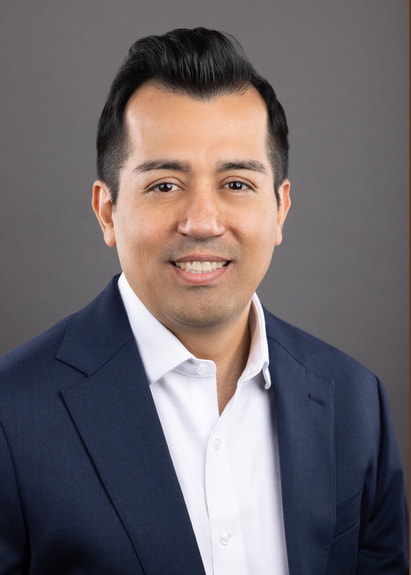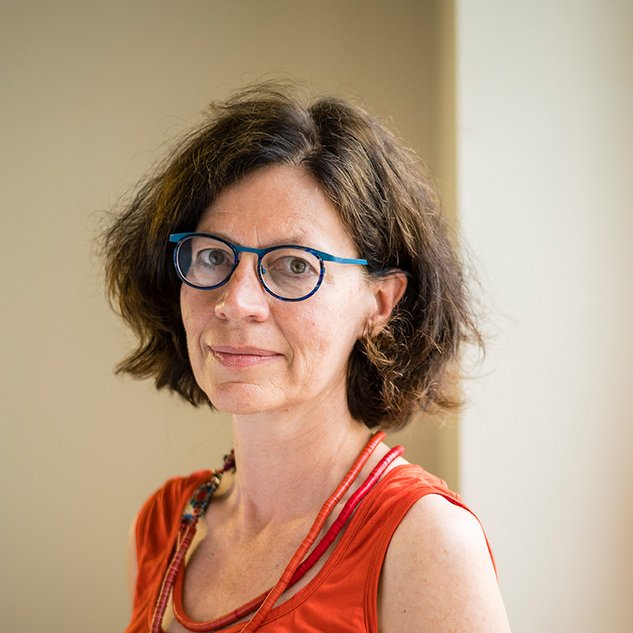
Le Centre pour l’étude de la citoyenneté démocratique présente :
Atelier – Belonging and integration : Diverse perspectives on the children of immigrants
Quand : vendredi 13 décembre 2024, 13h30
Où : Concordia Centre de conférence, Pavillon John Molson, 9e étage, 1600 blvd Maisonneuve Ouest, Montréal
Cette série de conférences est financée par le Centre pour l¹étude de la Citoyenneté démocratique lui-même financé par le Fonds de recherche du Québec – Société et culture (FRQSC).

Roberto Carlos (Universiy of Texas at Austin)
Titre : Socialization Reimagined: How Information, Obligation, and Agency Drive the Political Socialization of Latinx Immigrants and Their Children
In this presentation, Carlos reexamines the political socialization dynamics among Latinxs in the U.S. and explores their political incorporation. Unlike traditional theories emphasizing parental influence, this book argues that immigrant parents often rely on their children for information about U.S. customs and norms, obligating children to fill this gap. This dependency allows children to become influential in household decisions, extending their influence to political matters. Using a multi-method empirical strategy—including surveys, experiments, and qualitative data—this book demonstrates that when children teach, influence, or advocate for their parents, they engage in political behavior with significant consequences for both parties’ political engagement.

Jörg Dollmann (German Centre for Integration and Migration Research DeZIM, Berlin, Germany; Mannheim Centre for European Social Research MZES, University of Mannheim, Germany)
Titre : From Disparity to Promise: A New Perspective on Immigrant Integration in European Education
Across Europe, discussions on the educational integration of children and adolescents with an immigrant background often focus on failure, with immigrants and their descendants frequently blamed. Accusations of a lack of willingness to learn and succeed in school are common, while claims of systematic discrimination within the education system are said to contribute to academic disparities. Others argue that the design of certain school systems disadvantages students with an immigrant background compared to their peers. However, this contribution offers a more hopeful perspective, highlighting empirical findings that challenge these negative narratives and reveal that educational pathways and school-to-work transitions for immigrant youth show greater promise than commonly assumed

Karen Phalet (Faculty of Psychology and Educational Sciences, University of Leuven)
Titre : The integration paradox revisited: Studying intercultural ideologies, norms and experiences of Muslim minorities in Europe
How do European-born Muslims experience daily social contacts in diverse settings – and how do these experiences relate to their inclusion in European societies? Our starting point is a so-called ‘integration paradox’ – or a decoupling between individual acculturation and societal inclusion. To unravel this paradox, we examine the dynamic interplay of minorities’ evolving and mixed contact experiences with the prevailing ideologies and norms defining intercultural relations in Europe. My talk builds on multiple cross-national and multi-level surveys of Muslim youth and families in European schools and cities. I will focus on the micro-social dynamics of emergent norms – or shared views on intercultural relations – – asking when such norms either reproduce or challenge exclusionary ways of relating in diverse social networks or groups. To conclude, I will discuss some implications of our findings for how to understand and address the ‘integration paradox’.
Cette série de conférences est financée par le Centre pour l¹étude de la Citoyenneté démocratique lui-même financé par le Fonds de recherche du Québec – Société et culture (FRQSC).
